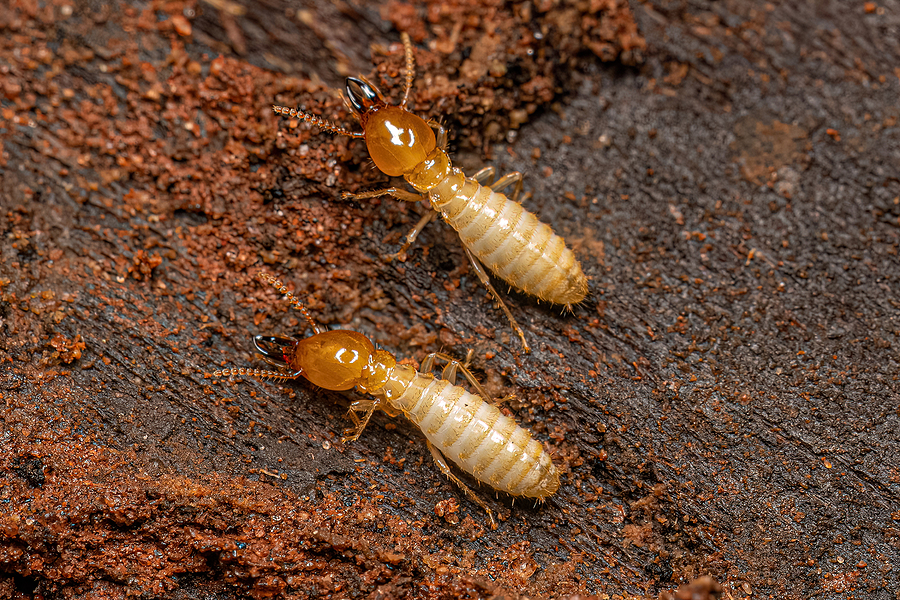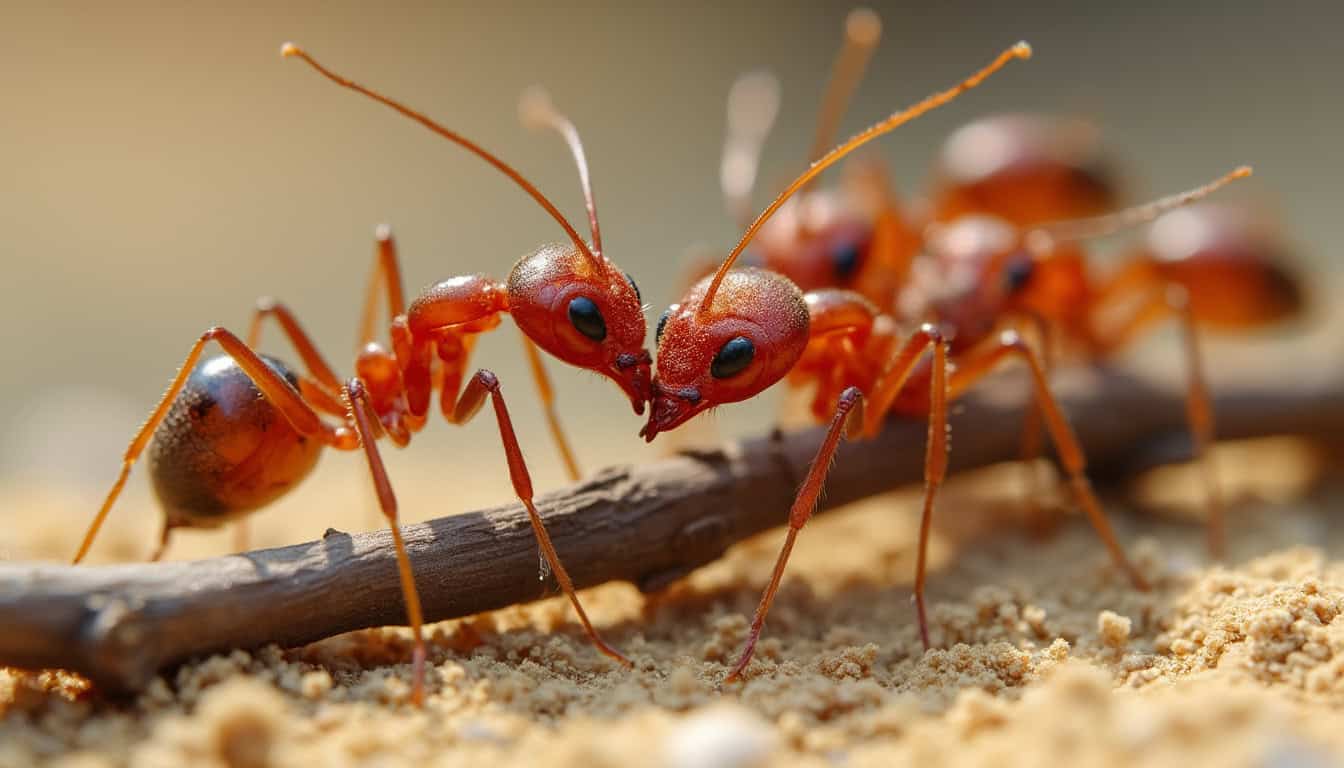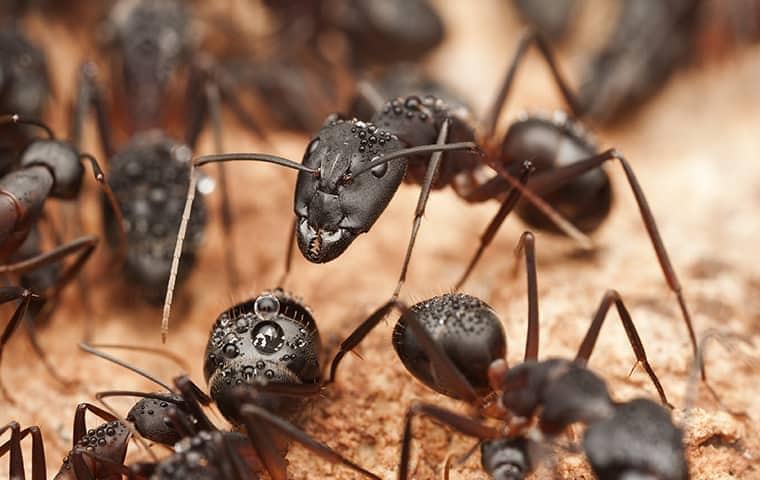Why Pick Our Termite Control Services: Professional Solutions for Effective Protection
Why Pick Our Termite Control Services: Professional Solutions for Effective Protection
Blog Article
Environmental Impact of Parasite Control: Harmonizing Efficiency With Sustainability
The environmental influence of parasite control is a crucial issue that requires a fragile equilibrium in between accomplishing efficiency in handling pests and making sure sustainability of our ecosystems. As we make every effort to safeguard our plants, homes, and health from the hazards posed by bugs, the techniques we use can inadvertently damage the environment. From the usage of dangerous chemicals that permeate right into our soil and water to the unplanned effects on non-target varieties, the consequences of standard insect control techniques are far-reaching. There are emerging approaches that offer hope for a much more sustainable technique to pest monitoring. These services not just aim to attend to the immediate bug issues however also consider the long-lasting health of our earth.
Harmful Chemicals in Insect Control
The application of dangerous chemicals in pest control postures considerable ecological and health threats that require mindful factor to consider and mitigation methods. Pesticides, insecticides, and herbicides are frequently used to eliminate pests, however their prevalent application can bring about unintentional consequences. These chemicals can infect dirt, water sources, and the air, affecting not just the targeted parasites yet additionally advantageous insects, wildlife, and people.

To attend to these dangers, integrated parasite monitoring (IPM) strategies are being advertised as an extra lasting option. IPM involves a mix of methods such as organic control, environment adjustment, and the targeted use pesticides as a last option (ant control burlington nc). By taking on an all natural approach to pest control, we can minimize the ecological and wellness effects related to dangerous chemicals while efficiently handling pest populations
Effect On Non-Target Species
Thinking about the unexpected repercussions of bug control methods, the impact on non-target species is a critical facet that requires thorough analysis. While bug control measures intend to target specific bugs, other microorganisms in the community might be unintentionally affected. Non-target varieties, including useful insects, birds, creatures, and even plants, can endure indirect or direct harm from chemical applications or organic control methods.
Pesticides made to battle a particular insect bug may damage pollinators like bees or all-natural killers such as ladybugs. Organic control representatives, if not species-specific, can posture threats to unintentional targets, interrupting the environmental balance.
To alleviate the influence on non-target varieties, integrated pest administration (IPM) approaches that emphasize an alternative strategy to pest control are advised. These techniques focus on using eco-friendly methods, minimizing harm to advantageous microorganisms while effectively managing pest populaces. Performing thorough threat analyses and monitoring the end results of parasite control initiatives are necessary actions in protecting non-target types and promoting general community health.
Dirt and Water Contamination
Unintentional environmental effects of insect control methods expand beyond impacting non-target varieties, with considerable ramifications for dirt and water contamination. Pesticides, herbicides, and chemical fertilizers used in pest control can leach into the soil and infect groundwater, presenting a threat to both terrestrial and aquatic communities. Soil contamination can interrupt the balance of microbes crucial for vitamins and mineral cycling and plant growth, bring about lowered soil fertility and productivity. These chemicals can linger in the environment for extensive periods, gathering in the soil and possibly entering the food chain.
Water contamination is one more important issue related to pest control techniques. Overflow from farming fields treated with chemicals can lug these chemicals right into close-by water bodies, affecting water organisms and water quality. Pollutants in water resources can have visit our website significant consequences, influencing not only water life yet also human health through the consumption of contaminated water or aquatic organisms. To reduce soil and water contamination from insect control activities, integrated bug monitoring methods that focus on sustainability and minimize chemical inputs are critical.
Air Air Pollution From Pesticide Use
Exposure to airborne pesticides during agricultural applications positions a considerable problem for air contamination control procedures. They can volatilize into the air and form volatile natural compounds (VOCs) and various other airborne toxins when pesticides are splashed onto crops - termite control services. These chemicals can add to the formation of ground-level ozone, a significant element of smog that can have harmful effects on human wellness, plant performance, and total air quality. Additionally, pesticide drift, where chemicals are brought by the wind to unexpected areas, can bring about the contamination of close-by communities and water bodies.

Approaches for Sustainable Parasite Control
In the world of agricultural techniques, implementing lasting insect control strategies is vital for maintaining environmental balance and securing crop yields. Sustainable bug control highlights the usage of eco pleasant approaches to take care of pest populations successfully while reducing damage to non-target microorganisms and communities. Integrated Parasite Management (IPM) is a widely taken on method that integrates organic, cultural, physical, and chemical control methods to accomplish long-lasting bug management options.
One trick approach in sustainable insect control is advertising biodiversity within agroecosystems. By improving all-natural adversaries of insects, such as parasitoids and predators, farmers can minimize the need for artificial pesticides. Plant turning and diversification are additionally reliable techniques to disrupt pest life process and develop much less positive problems for pests to flourish. Additionally, utilizing pest-resistant plant varieties and utilizing techniques like catch chopping can help in reducing pest stress without counting heavily on chemical treatments. Inevitably, by integrating these lasting bug control methods, farmers can achieve an equilibrium in between pest administration effectiveness and ecological stewardship.
Verdict
Finally, the ecological impact of parasite control techniques need to be very carefully thought about to balance effectiveness with sustainability. Hazardous chemicals made use of in bug control can lead to dirt and water contamination, air contamination, and injury non-target types - termite control services. It is important to apply sustainable insect control methods to decrease these negative effects on the atmosphere and advertise a much healthier ecological community for future generations
By adopting an alternative technique to pest control, we can decrease the environmental and health and wellness influences connected with harmful chemicals while properly handling pest populaces.

To minimize the air pollution created by chemical use, it is important to adopt integrated bug management approaches that prioritize the use of non-chemical parasite control methods, such as crop turning, natural killers, and resistant plant varieties. Lasting pest control stresses the use of ecologically pleasant methods to handle bug populaces successfully while minimizing damage to non-target microorganisms and communities. Integrated Parasite Management (IPM) is a commonly taken on method that integrates organic, cultural, physical, and chemical control techniques to attain long-term bug monitoring services.
Report this page